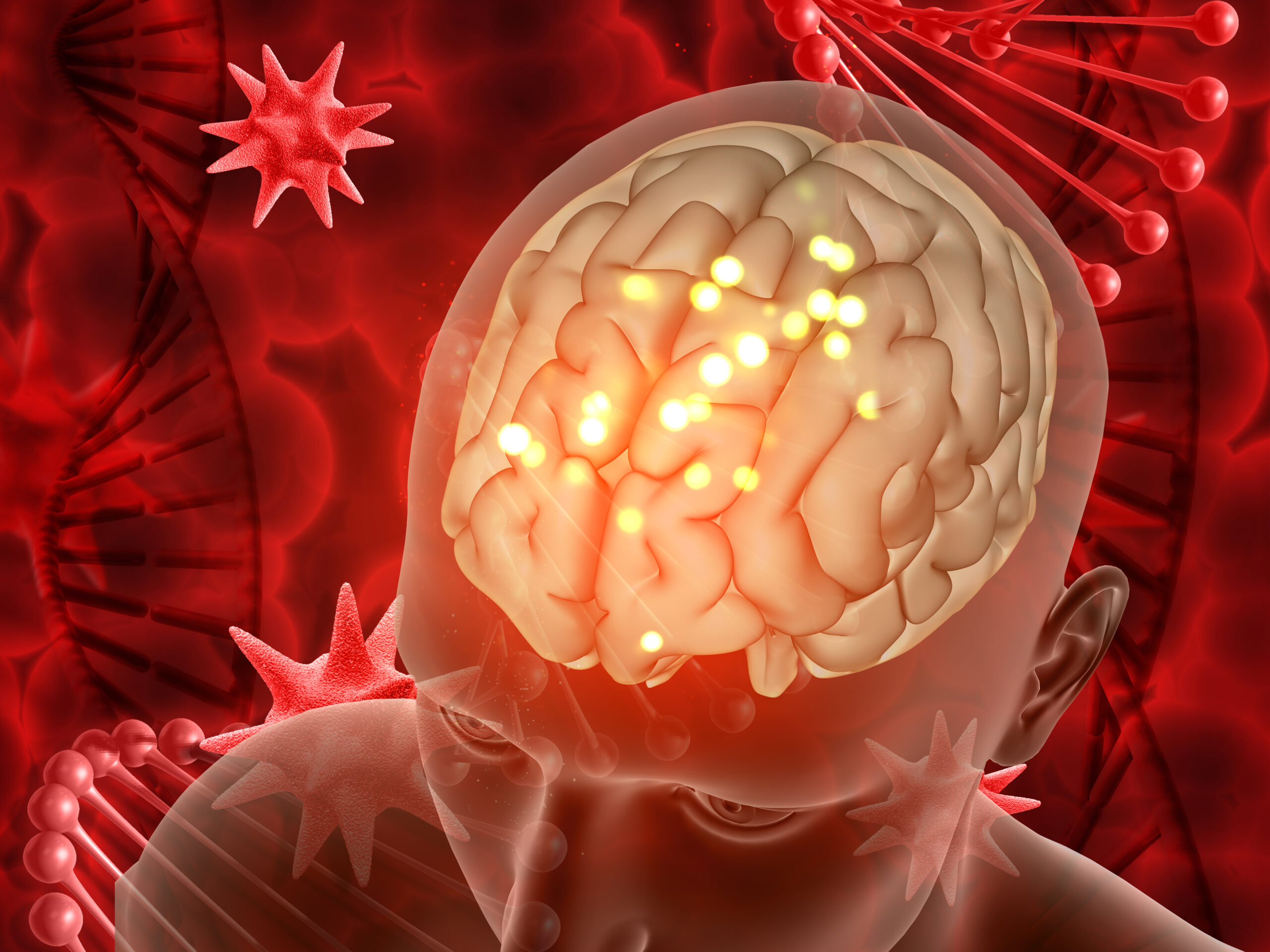Two early clinical trials have shown promising results for a new immune cell-based treatment called CAR-T therapy in treating glioblastoma, the most aggressive form of brain cancer. This therapy involves genetically modifying patients’ immune cells, known as T cells, to better recognize and attack tumors. Both trials, one published in the New England Journal of Medicine (NEJM) and the other in Nature Medicine, demonstrated the safety and effectiveness of CAR-T therapy in reducing tumor size in nine patients.
In the NEJM trial, which included three patients with recurrent glioblastoma, T cells were engineered to target two versions of the epidermal growth factor receptor (EGFR) found on tumor cells. Similarly, the Nature Medicine study showed tumor size reductions within one or two days after treatment. However, tumor recurrence was observed in some patients in both trials, indicating the need for further research to understand the long-term effects of CAR-T therapy on glioblastoma. Despite this, some patients in the Nature Medicine study experienced sustained tumor reductions for several months. These findings suggest CAR-T therapy as a potential treatment option for glioblastoma, but further investigation is necessary to optimize its long-term efficacy and safety.
Keywords: Immune cell therapy, brain tumors, CAR-T, glioblastoma




